Library
-
The arrival of a new child is associated with a great deal of excitement, anxiety and stress for not only the humans, but also your family pet.
-
In Australia, there are rigid quarantine requirements in order to preserve the disease free status of this country for many diseases that are present (endemic) overseas.
-
A pharyngostomy tube is a small flexible tube that passes via an incision in the skin at the side of the neck, just behind the jaw bone, to enter the pharynx. These tubes are useful in cases when the dog temporarily is unable to eat but still retains the ability to swallow. The liquid food is syringed through the tube three to five times a day depending on the individual circumstances.
-
Within a few hours of a meal an invisible layer of bacteria forms on the teeth. This is plaque. Within 24 hours this starts to harden, absorb minerals and becomes dental calculus or tartar.
-
Pre-procedure check ups are the best way to assess the risk involved in any procedure where an anaesthetic is required for surgery or any other investigation.
-
Speying involves the removal of the womb and ovaries. It is permanent and irreversible.
-
Probiotics contain normal naturally occurring bacteria and yeast, and are used to re-colonise the gastrointestinal tract when the normal balance of microflora (bacteria) has become disturbed.
-
Although often thought to be a teething behaviour, nipping, mouthing and biting in young dogs is often a form of social play. Teething on the other hand, is more likely to involve gnawing or chewing on household objects.
-
Owning a dog can be an extremely rewarding experience, but it also carries with it some responsibility. We hope these notes will give you some help.
-
Most puppies love to explore and chew, so it is not surprising when a young puppy steals household objects, particularly if they are inherently rewarding.

